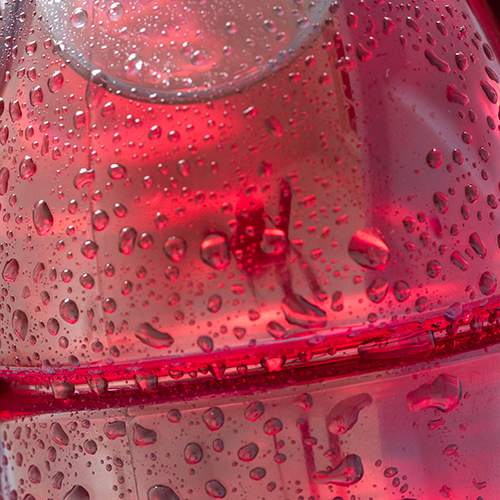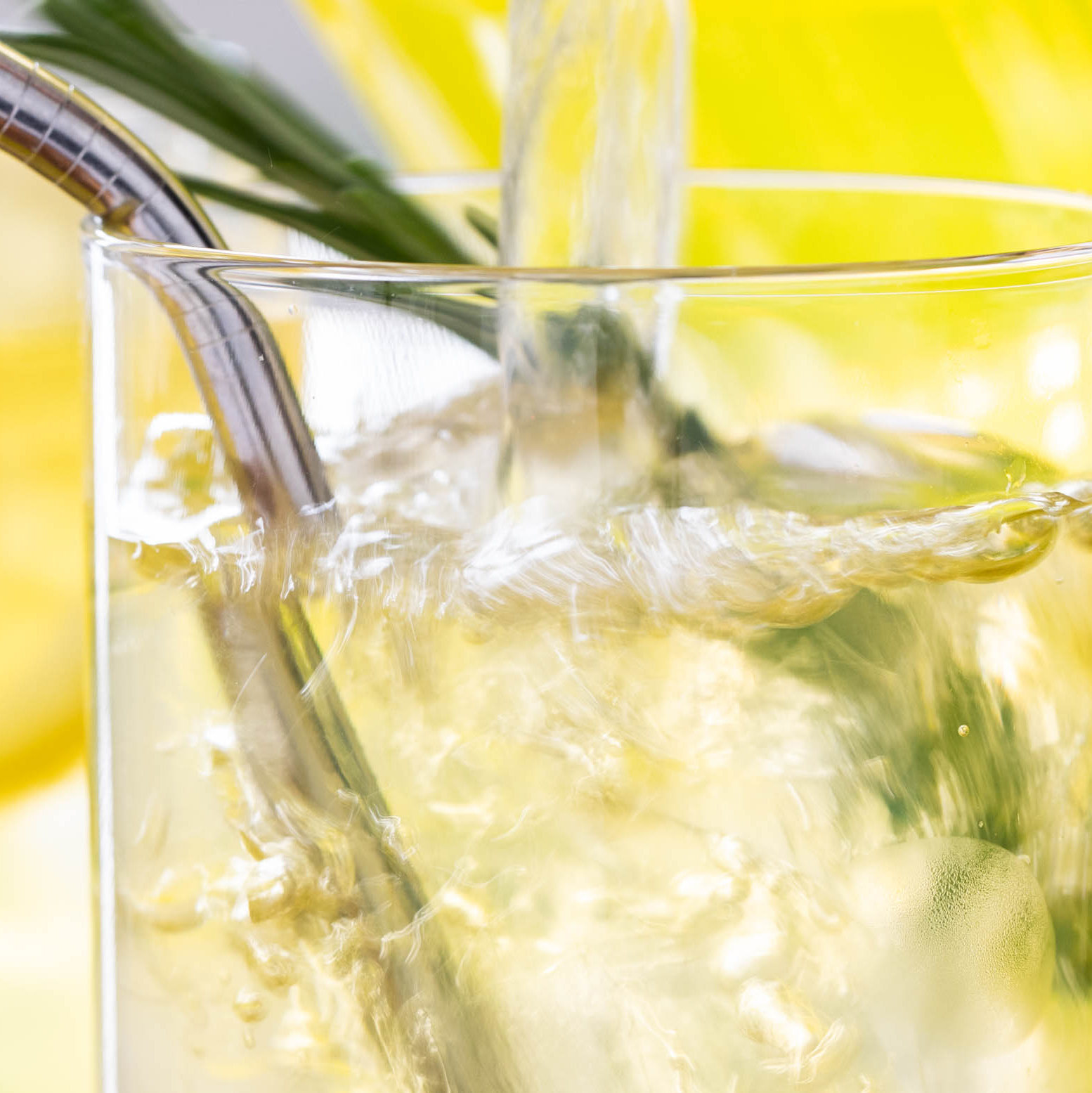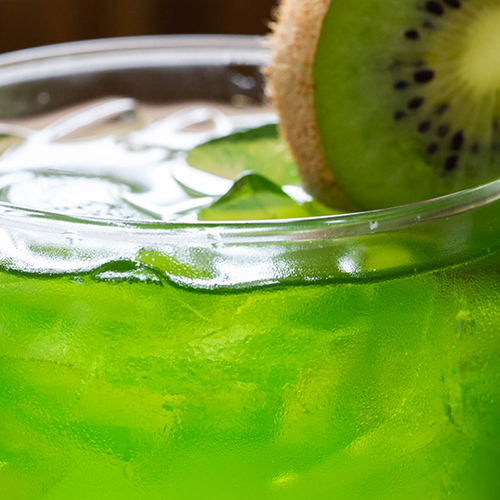Choosing natural colours for beverages is greatly influenced by pH. While colours like emSeal® paprika and beta-carotene can withstand a wide pH range, anthocyanin-based colours like Amaize® red will appear bright red at a pH around 3.0 but will shift to more purple tones as the pH increases. Enhanced beverages often include ingredients such as vitamins, electrolytes, or polyphenols, all of which interact differently with natural colours, so work with our applications scientists to find the best solution for your beverage.
The most common colours for sparkling beverages are brown, red, orange, and yellow so there are many stable natural colour options available, including anthocyanins emSeal® paprika and beta-carotene and caramel colours. Cola concentrates can have a pH of 2.0 or lower, so it is best to use class IV caramels or certain class I caramels due to their excellent acid stability.
Syrups or cordials are versatile beverage ingredients that can be used to prepare a myriad of coffee drinks, cocktails, mocktails, and more. Since they are concentrated there is less water activity, providing for greater colour stability. However, it can be more difficult to fully disperse colours or match target shades in both the concentrate and the diluted beverage. While some natural colours will work well in acidified syrups at low pH levels, other natural colours, like spirulina, should be added to non-acidified syrups to prevent precipitation or fading.





